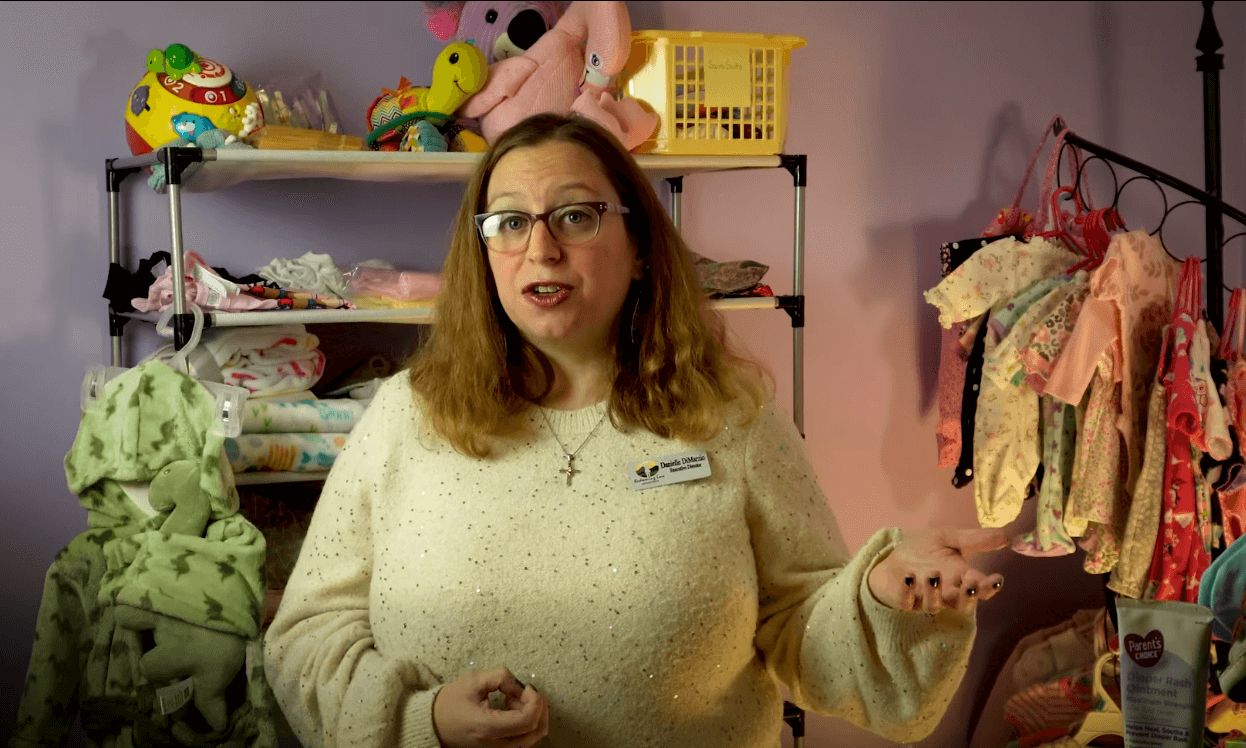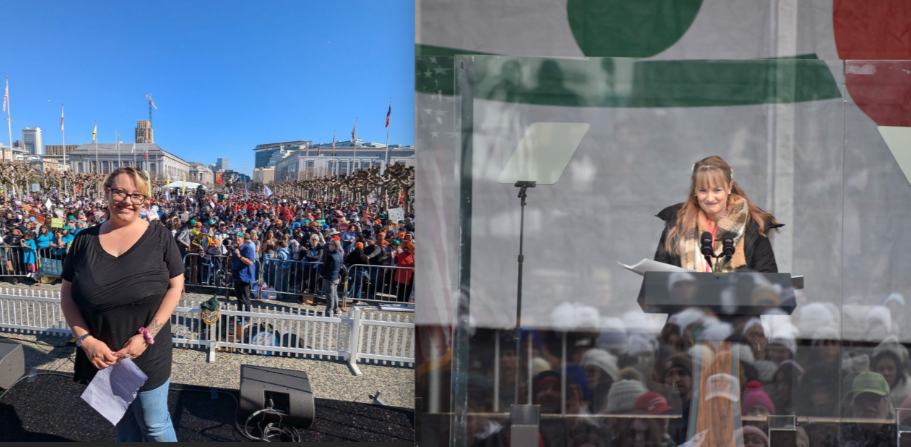Nestled towards the end of Evangelium Vitae (The Gospel of Life) are the consoling words of a father to his suffering daughters who have experienced abortion loss:
“The Church is aware of the many factors which may have influenced your decision, and she does not doubt that in many cases it was a painful and even shattering decision. The wound in your heart may not yet have healed…do not give in to discouragement and do not lose hope… give yourselves over with humility and trust to repentance.
The Father of mercies is ready to give you his forgiveness and his peace… as a result of your own painful experience, you can be among the most eloquent defenders of everyone's right to life…you will become promoters of a new way of looking at human life. (P 99)
Like a solicitous parent, the document’s author, St. Pope John Paul II, could see into their hearts with compassion and wisdom. He recognized that many of them were in dire circumstances when they had their abortions. Many faced various levels of pressure and coercion, even threats of violence, when making their decision. Others saw no other way out.
But in that one act, all of them betrayed their very nature—their hearts as women and mothers. And they were left shattered. Though not mentioned in the pope’s encyclical, the Church has also come to recognize the pain and grief of fathers who have been part of abortion decisions.
The pope knew that many of these women and men have suffered for years in silence, struggled to forgive themselves, and quietly hungered for reconciliation and healing. St. John Paul communicated the truth that while the direct participation in abortion is always a tragic and sinful act, the Church is eager to welcome those wounded by abortion, not with judgment, but with the mercy and healing of the Lord.
Evangelium Vitae counters the commonly propagated lies that abortion is a simple medical procedure with no lasting physical, emotional and spiritual consequences. Mothers and fathers who have suffered abortion loss know the truth, even if they have buried it deeply.
They await the message that there is a safe and effective pathway to grieve this complicated experience of loss, unite their pain with Jesus, reclaim their motherhood or fatherhood, and entrust their children to the Lord.
Reading the pope’s words, Dr. Theresa Burke recognized a confirmation of her own calling to develop effective group programs for the emotional and spiritual healing of abortion loss called Rachel’s Vineyard.
As she counseled women and men who were suffering after their abortions, she could clearly see in their symptoms, and in their stories, that they had suffered a deep emotional, physical and spiritual wound. What they lacked was a safe place to grieve, to be heard without criticism and to be brought into a loving encounter with Jesus and the Church.
That was at the heart of Dr. Burke’s retreats—and at the heart of the healing. We can hear echoed in the words of the pope encouragement and support for where the Holy Spirit was leading her in the development of Rachel’s Vineyard.
Dr. Burke responded to that calling with fervor, even amidst a variety of trials—the kinds that consistently rear their ugly heads whenever a heavenly inspired project begins. But it was clear that God was with her.
Women and men leave Rachel’s Vineyard with a profound hope and peace—becoming, as the pope wrote, “promoters of a new way of looking at human life.” Many of them turned to Dr. Burke for training and assistance in starting retreat locations in other states and countries.
Other Rachel’s Vineyard alumni founded nonprofits specifically to care for women in the same circumstances they found themselves and to provide whatever assistance they need. And still others became active in their churches and parishes and joined apostolates that defend the right to life.
Today, approximately 35 years later, Rachel’s Vineyard retreats, like the Kingdom of God itself, is growing and producing abundant fruit, with more than 400 retreats each year, offered in 33+ languages.
These retreats are open to women who have suffered from an abortion (or from other traumatic pregnancy loss); to men who were either involved in an abortion or were helpless to prevent one; and to grandparents, siblings, and friends of women who have had abortions. Some dioceses have even sent their seminarians on Rachel’s Vineyard Retreats so they will be fully prepared to help women who seek spiritual guidance.
For everyone who attends a Rachel’s Vineyard retreat, hope and peace can be found. Compassion can be discovered. And a new freedom can be experienced. All that is required is openness of heart and mind (which, admittedly, can be difficult) and a willingness to fully participate throughout the weekend.
In exchange for these two requirements, women and men alike find a deepened relationship with Jesus, new friendships forged during the weekend, and a life they could not have imagined before.
In that sense, St. Pope John Paul II’s urgent appeal to “bear witness to the meaning of genuine love” continues to live loud and clear through Rachel’s Vineyard.
You could even say that at the heart of Rachel’s Vineyard is St. Pope John Paul II and Evangelium Vitae.
Editor's note: Janet Morana is the executive director of Priests for Life and the co-founder of the Silent No More Awareness Campaign. Find her on social media @JanetMorana. This article is a Pregnancy Help News orignal.






